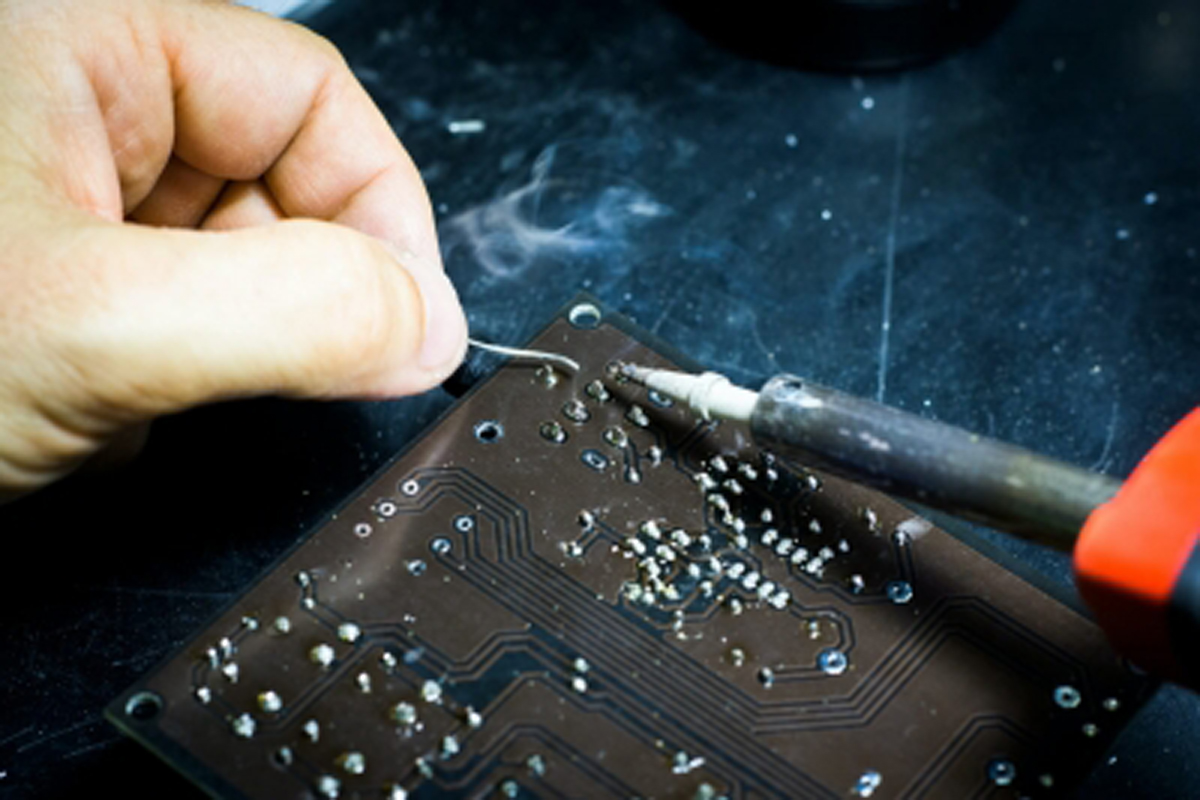The chip shortage that is disrupting global car production could continue into 2022 and even 2023, a leading German car industry figure has said, the BBC reported.
Covid had been a stress test for the industry, which needed a thorough review of its supply chains, Daimler chairman Ola Kallenius said.
Advertisement
Supplies of semiconductor chips have been failing to meet demand in a wide range of industries.
These include carmaking, which staged a quick recovery from the pandemic.
The shortages had caused shutdowns in Malaysia and would “significantly impact production and sales in the third quarter”, Kallenius, who is also head of Mercedes-Benz, told the BBC at the International Mobility show in Munich.
“Chip producers say this will bleed into 2022 from a structural point of view and then gradually get better,” he added.
This meant the shortages could last into 2023, but “hopefully not at the level of severity that we have experienced here in the last couple of months”, he said
Kallenius said Covid had been a “stress test” and a “traffic jam” for the car industry. It would take a while before everything was moving again, he added.
“But we will learn from this stress test and look even deeper into all the tiers of the supply chain to make the system more robust,” he said.
Koray Kose, an analyst at Gartner, says that among the pressures facing the chip industry prior to the pandemic were the rise of 5G, which increased demand, and the decision by the US to prevent the sale of semiconductors and other technology to Huawei. Chipmakers outside the US were quickly flooded with orders from the Chinese firm, the BBC reported.
As the pandemic unfolded, early signs of fluctuating demand led to stockpiling and advance ordering of chips by some tech firms, which left others struggling to acquire the components.
People working from home have needed laptops, tablets and webcams to help them do their jobs, and chip factories did close during lockdowns, the BBC reported.
At times consumers have struggled to buy the devices they want, though manufacturers have so far been able to catch up with demand eventually.
Bosses at the tech giants appear sharply aware of this. The chief executives of Intel and IBM have both said recently that the chip shortage could last two years.











